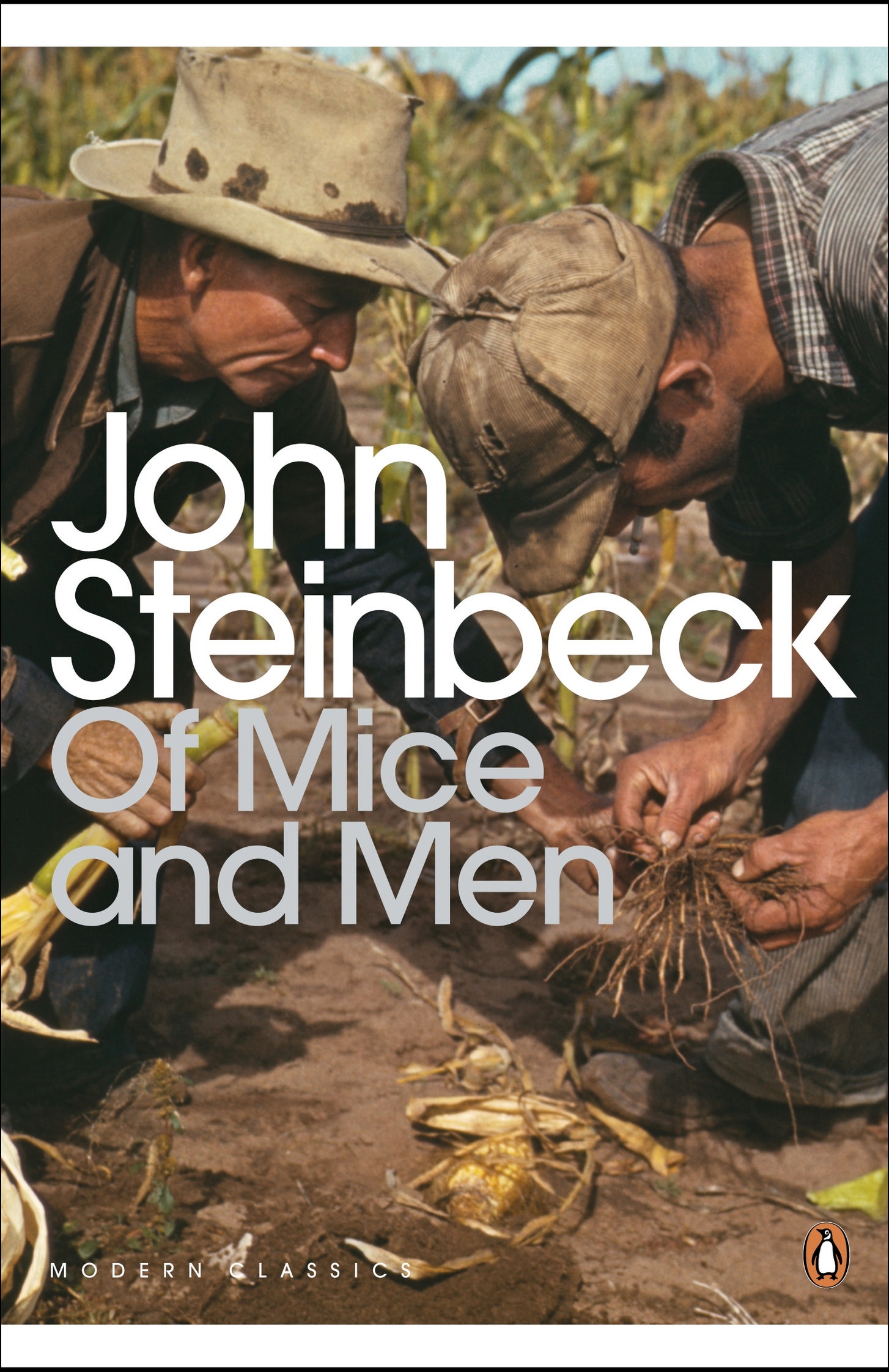‘Dip , don’t dazzle’ has been the mantra for determining the choice of literature texts taught at GCSE for much too long – and education secretary Michael Gove was right to put the tired preference for two stale chestnuts under the spotlight.
Preparing for a major overhaul of the national curriculum, he said that the vast majority of candidates in the AQA GCSE were being steered into Of Mice and Men and An Inspector Calls.
At the risk of antagonising his listeners, he could have added that teachers had been partly to blame for the narrowing range of texts offered. The introduction of 100 per cent coursework assessment was hailed as a leap into the subject’s ‘infinite variety’, but teachers were tempted to indulge in the same old same old, year in and year out. When the examination element crept back, Shakespeare slipped through the net and took his ease in an unchallenging coursework corner – and Macbeth became the sine qua non for many staff straining to peddle their limited wares.
The real fault, however, lay with the syllabuses. Poetry, for GCSE students studying for the AQA exams, meant years of Carol Ann Duffy and Simon Armitage. Teenagers who could have been introduced to the riches of one of the world’s greatest literatures were being short-changed and the textbooks containing the glories of the metaphysicals and Gerard Manley Hopkins gathered dust.
At A Level the 60/40 split of exam and coursework has again allowed teachers to make choices which lead to regurgitation in a well-worn groove when it comes to the school assessed element. Shunning the option of breaking into new territory, lazy or insecure staff with an agenda can subject their students to say, their favourite feminist texts, ad infinitum.
Hemmed in by specifications that pander to the easiest option, teachers seeking to introduce the best writers then face the other half of a double whammy that involves obstruction from prescriptive heads of department fearful of a slump in results if they fail to kowtow to the lowest common denominator.
Tutors in top universities delight in finding A Level students tackling Donne and Yeats, but teachers are steered away from the giants because private lists held in the secret courts of departmental heads’ hearts, brand them a risk too far.
The best classroom practitioners relish a moving feast of challenging prescribed texts which keep them on their toes and allow them to play to their children’s interests. The worry, in cash strapped times, is that changing books for open text exams is expensive. The draft programme for study for Key Stage 4 advocates teaching whole texts, which marks a welcome break from the cherry picking encouraged by coursework, but poetry, according to the new dispensation, is now curiously confined to the romantic period and the First World War
With the final version of the national curriculum due this autumn, it is to be hoped that teachers will be encouraged to slip the surly bonds of tired old tramlines, whether imposed from above or of their own choosing. It is one thing to be advised not to dazzle other drivers on the road – but the job of an English teacher should be to dazzle and not to dip, despite the best laid plans of mice and men to divert him from his proper purpose.
Peter King teaches English at Wisbech Grammar School, Cambridgeshire.



